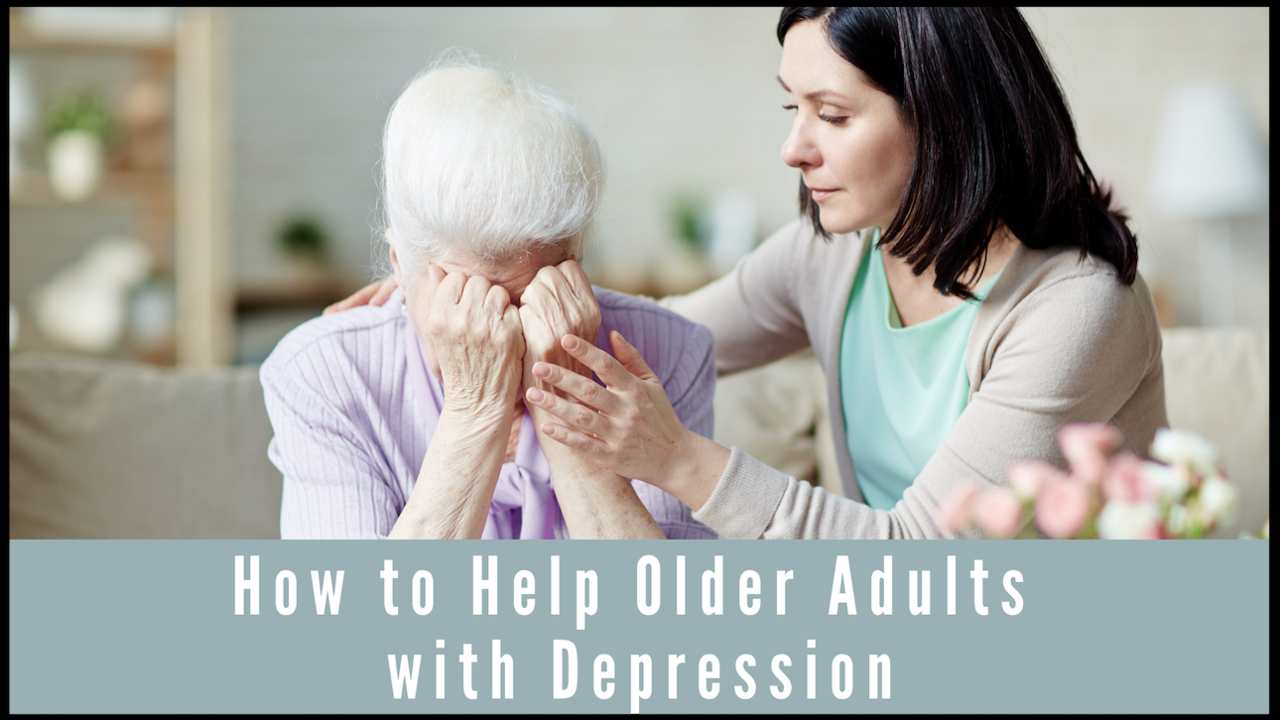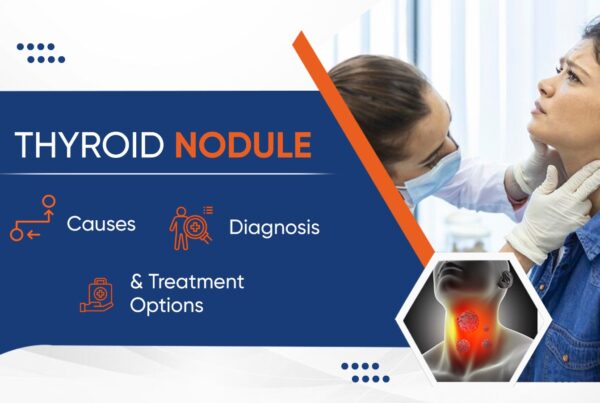Depression and Aging
 At times, we all feel unhappy, depressed, or cranky. However, for some people, this sensation becomes exceedingly powerful, lasting weeks, months, and even decades. This can happen for no apparent cause at times. Finding it increasingly difficult to get through each day, feeling hopeless or powerless, or retreating from activities that a person once enjoyed are all symptoms of depression. Depression is a serious illness that affects both the body and the mind. It is not merely a bad day or a lousy mood. It can harm a person’s quality of life as well as their relationships with family and friends.
At times, we all feel unhappy, depressed, or cranky. However, for some people, this sensation becomes exceedingly powerful, lasting weeks, months, and even decades. This can happen for no apparent cause at times. Finding it increasingly difficult to get through each day, feeling hopeless or powerless, or retreating from activities that a person once enjoyed are all symptoms of depression. Depression is a serious illness that affects both the body and the mind. It is not merely a bad day or a lousy mood. It can harm a person’s quality of life as well as their relationships with family and friends.
Depression and the Aging Process:
Depression can strike anyone at any age. Older persons, on the other hand, are at a higher risk of getting such diseases. As you get older, your social, psychological, and physical circumstances may combine to lead to changes in brain activity. Depression may result as a result of this. It’s crucial to understand that depression is neither a sign of weakness or an unavoidable component of growing older. As you get older, life throws you additional problems, which can contribute to the development of this recurring, dangerous, and chronic ailment.
Depression Symptoms in the Elderly:
Depression has the ability to alter how a man thinks, feels, and behaves. You may feel a variety of emotions, which can make handling day-to-day activities more difficult. The following are among the most prevalent depression symptoms:
1.Moodiness or restlessness
2.Despair and emptiness
3.Worthlessness
4.Negative emotions
5.Suicidal ideation
6.Guilt
The following are examples of behavioral symptoms:
1.Withdrawal from family and friends
2.Restlessness
3.Self-care and obligations are being neglected.
4.Inability to carry out routine chores
5.Feeling agitated and perplexed
6.The capacity to seek joy in life is being lost.
7.Among the physical signs and symptoms are:
8.Problems with memory
9.Getting less or more sleep than usual
10.Movement at a slower pace
11.Migraines, back pain, or pain regularly
12.Hunger loss.
13.Consistent exhaustion
14.Excessive weight gain or decrease
15.Changes in bowel habits, dizziness, and stomach upset
Depression in the Elderly: What Causes It?
Depression’s specific cause is uncertain. However, a variety of factors may have a role in its development. Depression is typically the result of a collection of events, rather than a single incident. These may include the following:
1.Relationships that are abusive
2.Depression runs in the family.
3.Loss of self-sufficiency or income
4.Use of alcohol or other drugs
5.Aspects of personality
6.Chronic pain is present.
7.Death phobia
8.widowed/divorced lately
9.Isolation from others or living alone
10.Admitted to hospital
11.Specific medication side effects
12.High blood pressure, stroke, cancer, diabetes, and dementia are all physical ailments.
13.Suicide attempts in the past
14.Surgical or amputation-related damage to the outward appearance
Depression in the Elderly is treated in a variety of ways.
Treatment for depression comes in many ways. Treatment for depression can include one or more of these options or a mix of them. A doctor would prescribe a treatment depending on the medical history, the degree and type of symptoms you’re experiencing, and any other medical conditions you may have. The following are examples of different methods of treatment:
Attending a depression support group allows you to meet people who are dealing with similar issues. Healthy habits like going on walks, doing light cleaning or gardening, and practicing meditation or yoga regularly may also be useful. A person suffering from depression may also benefit from dietary changes, such as limiting carbs and sugars and focusing on healthy protein and fat. A good night’s sleep of 7-9 hours is also beneficial. Also, make an effort to spend time outside in the sunlight and fresh air.
Treatment with Psychological Therapies: A variety of psychological therapies are beneficial in the treatment of depression. Reminiscence Therapy, Cognitive Behavior Therapy, Interpersonal Therapy, and are examples of these therapies. These psychological therapies not only aid in a person’s recovery but also in preventing the ailment from resurfacing. Treatments with a licensed psychologist can be done in groups or one-on-one.
Antidepressant drugs would be prescribed by your doctor if you are experiencing mild to severe depression. Because of the severity of the condition, the doctor recommends medicine when psychological treatments aren’t practicable or effective on their own. Patients who do not react to psychological therapies or medicine can receive Electroconvulsive Therapy exclusively from specialists or psychiatrists.
Depression in the Elderly: What Can Be Done?
It’s a fallacy that older people can’t learn new interests or talents or make significant adjustments in their lives. You may take tiny actions to keep depression at bay from yourself and your loved ones, regardless of your age. These steps are as follows:
Get out and about: Staying cooped up at home all day isn’t beneficial for anyone. Get out into the world and enjoy the small pleasures of life.
Get a pet: Having a pet can provide you joy and keep you company. It’ll be entertainment for you as well as the pet when you take care of it.
Join a class: If you’re bored at home all day, you can attend a workshop or a class. It’s one of the most effective ways to meet people who share your interests. Always understand that there is no age limit when it comes to learning new things.
Travel: After you retire, you can make plans to travel to destinations you’ve always wanted to see. It is, in fact, the most advantageous time to do so. It also does not have to be a particularly exotic or expensive location. You can simply go for a walk along the beach or enjoy a day of camping.
Stay Connected: A person must maintain contact with his or her family and friends. To keep your friendship strong, go to get-togethers or ask your closest friends to supper.
Volunteer: Helping others is one of the most rewarding sensations in the world. As a result, you can help yourself by volunteering at NGOs or orphanages. Just make sure you’re doing things that aren’t too taxing on your health.
If you know of an elderly person who is going through a difficult time, you might try to be sympathetic and provide an ear to listen to them out. Depression is a prevalent ailment among the senior population. It is, however, not anything that can be classified as normal. One of the most effective therapies for depression, especially in the early stages, is to seek emotional support from friends and family. So be on the alert for warning signals and make sure your loved ones receive the proper care, diagnosis, and treatment.










